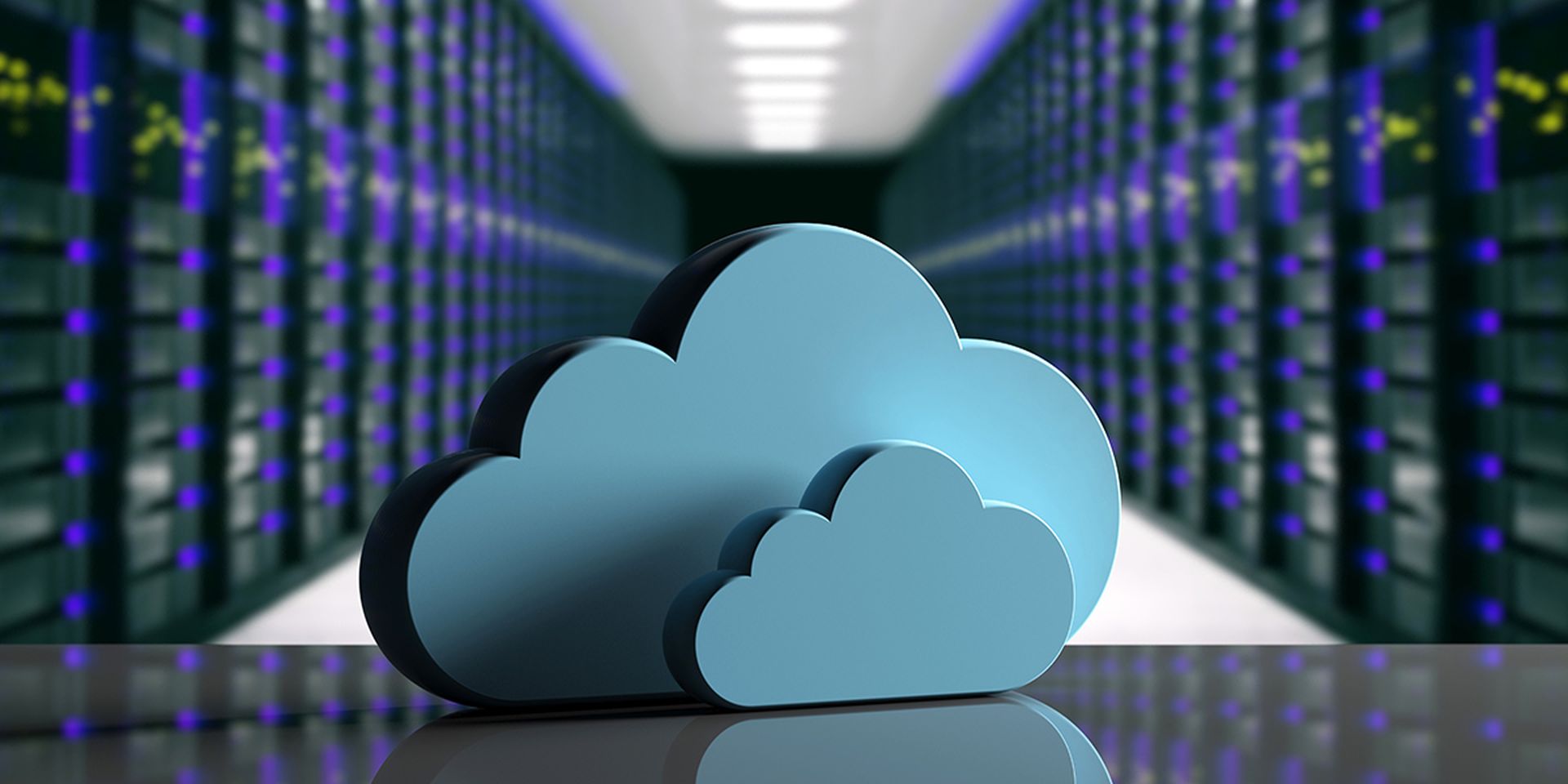In the current global climate, there is no shortage of virtual events. Whether you're attending online conferences, webinars, or one on one "coffee over zoom" meetings, we've all had to reinvent how we connect with our clients, partners, vendors, and colleagues. If you know that your business should host a virtual event for your clients but don't know where to begin, look no further.

In this article, I'll share four reasons every MSP should consider hosting a virtual event. I'll also provide a list of 7 tips that will help your online event succeed.
Here are just a few reasons you should consider hosting a virtual event:
1. Provide additional resources to your clients: Your virtual event provides clients with added value and insights to help them succeed.
2. Connect with and reach more clients: Virtual events allow you to connect with your clients during a time when in-person meetings are infrequent. In addition, you'll often reach more clients with a virtual event because there are no costs or travel time involved.
3. Cultivate conversation among clients: Clients who attend the same event can connect with and learn from one another via panel discussions, Q&A, and chat forums.
4. Elevate your brand: Virtual events are great platforms for raising the visibility around your brand, expertise, and thought leadership.
Now you're excited about setting up your first event, but how do you get started? Below are a few tips and tricks our team has utilized to run successful virtual events and webinars recently.
1. Select a topic that serves your clients and showcases your expertise at the same time: Clients should walk away from your event with new information that they can use to better their business. They should also gain a clear understanding of your passion for and knowledge of the topic at hand. Your enthusiasm will translate throughout your messaging and your presentation.
2. Declutter your slides. Fewer words. More visuals. Attention spans are fleeting, especially during a virtual event. Use images, large fonts, and short phrases to guide your presentation, but don't read off of your slides. Communicate your message as you would in person, without the need for bullet points and lengthy sentences. Keep in mind; some folks may only be listening to your webinar - not viewing it. Having a strong narrative is vital.
3. Practice makes perfect: Outstanding webinars don't just happen, and your clients deserve outstanding, so prepare. Write out a script outline as a guide and rehearse the presentation until you feel comfortable presenting without your notes. Bonus tip: Record yourself rehearsing. I'll be honest, it feels a little awkward to listen to yourself, but it will improve your presentation skills.
4. Test your technology ahead of time: Don't overlook this step. You should always run a test of all of your equipment about an hour before your webinar, ensuring a seamless experience for attendees and presenters alike.
5. Involve the audience: We miss the interaction that live events provide. However, the following are a few ways to involve the viewer in your virtual event:
- Ask your audience to submit ideas and questions for the event ahead of time via social media or a survey. This way, your audience has a hand in shaping some of the content for your event.
- Have a live chat session open during your webinar. Have one of your team members review and answer any questions in the chat throughout your presentation.
- If time allows, have a live Q&A session at the end of your webinar. Enlist someone from your company to ask a few rehearsed questions you'd like your audience to ask to kick things off. You can invite attendees to submit questions via the chat feature or open the zoom/phone lines for live questions.
6. Perfect your Call-to-Action (CTA): There's no such thing as a successful marketing effort without a successful CTA. Have a stand-out call-to-action. Reflect on the value you're providing to your audience and offer an opportunity to provide additional value after the webinar.
7. Record your webinar: Recording your event means you can market it even after it's taken place. You can share your event via landing pages on your website, on youtube, and via social media. You could also email it to customers who weren't able to attend live. It's a great way to sharpen your skills for your next successful presentation!
Live virtual events are one of the best ways, in this landscape, to connect with your audience and provide them with a unique and beneficial experience.
Join us for our next live event, MSP Tech Day, this September to see how Datto brings all of these tactics together in a large, multi-session, virtual event discussion business continuity for MSPs. We know you'll benefit from joining us.
Author Eric Torres is director of channel development at Datto. Read more Datto guest blogs here.




